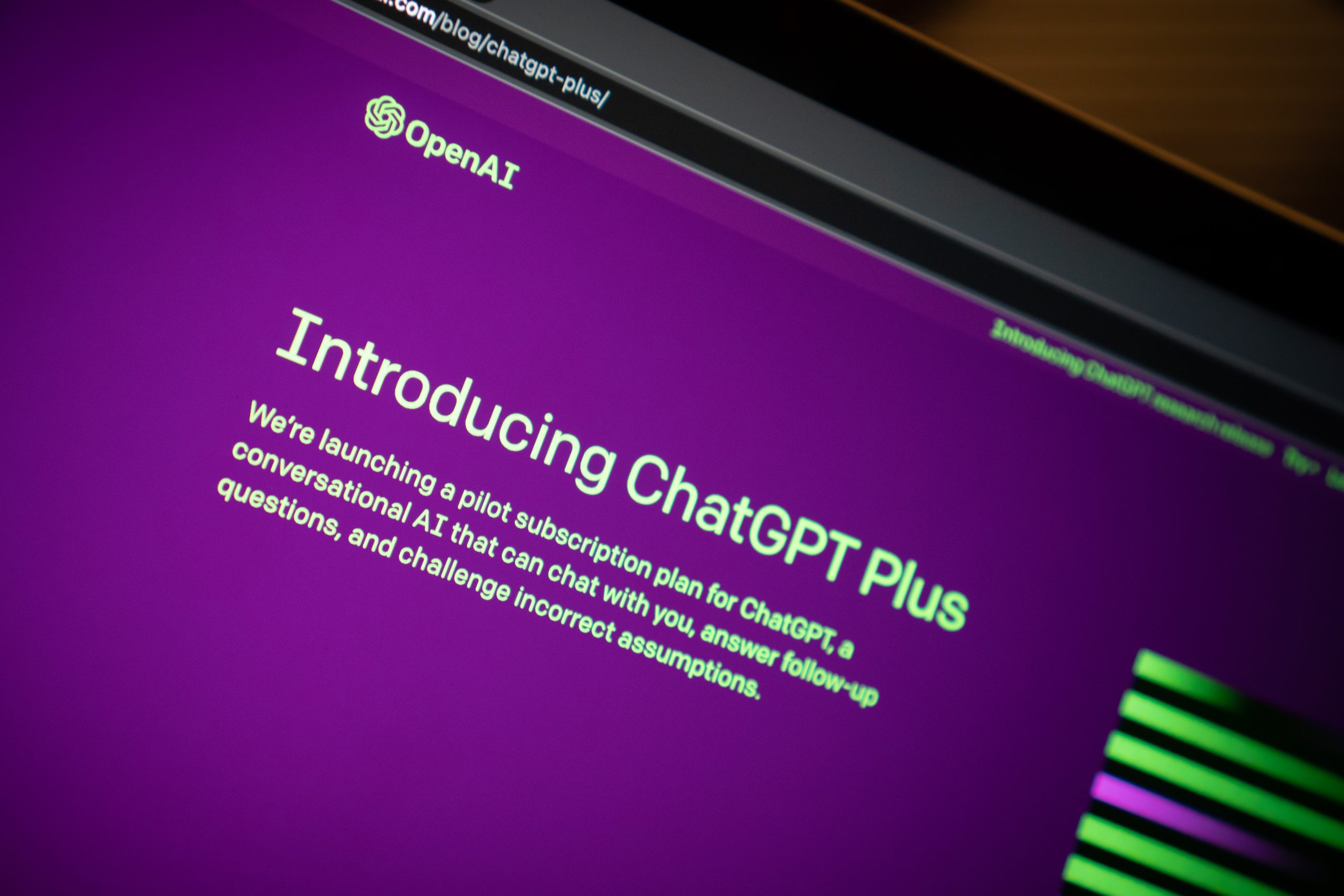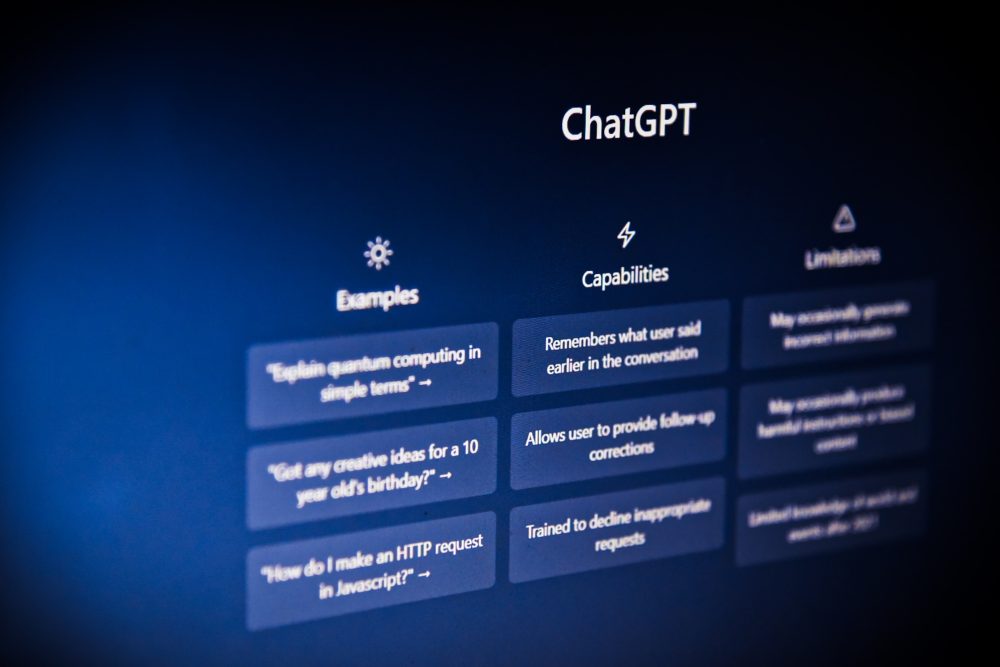ChatGPT, powered by the GPT-3.5 architecture, is an impressive language model developed by OpenAI. It has garnered significant attention for its ability to generate human-like text and provide assistance across various domains. However, when it comes to coding, the requirements and expectations differ significantly. In this article, we will explore the landscape of coding AI and determine if there are alternatives that excel beyond ChatGPT in the realm of programming.

1. Microsoft’s GitHub Copilot
GitHub Copilot is an AI-powered coding assistant developed by OpenAI in collaboration with Microsoft. It utilizes GPT-3 technology to generate code suggestions and completions based on context and user inputs. GitHub Copilot is specifically designed to assist developers with writing code and providing suggestions for functions, classes, and even entire code blocks. While ChatGPT can also offer coding assistance, GitHub Copilot has been trained specifically on code repositories, making it more adept at understanding programming contexts and generating relevant code snippets. This specialized focus gives GitHub Copilot an edge over ChatGPT for coding-related tasks.
2. Tabnine
Tabnine is an AI-powered autocompletion tool designed to assist developers in writing code more efficiently. It integrates with various code editors and provides intelligent code suggestions based on the context and patterns observed in existing codebases. Tabnine relies on machine learning models trained on large-scale code repositories to offer accurate and relevant completions. Its ability to predict the next line of code or fill in complex expressions based on context makes it a valuable tool for developers. Although ChatGPT can provide coding assistance, Tabnine’s focus on code completion gives it an advantage in terms of coding productivity.
3. DeepCode
DeepCode takes a different approach to coding AI by focusing on code analysis and identifying potential bugs and vulnerabilities. It utilizes machine learning algorithms to analyze codebases and provide suggestions for improving code quality, detecting security issues, and optimizing performance. DeepCode’s ability to identify common coding mistakes and recommend fixes makes it a valuable tool for developers seeking to enhance their code’s reliability and security. While ChatGPT can guide coding concepts, DeepCode’s specialization in code analysis sets it apart in the coding AI landscape.
4. Codota
Codota is an AI-powered code completion and recommendation tool that aims to boost developer productivity. It integrates with popular code editors and analyzes code repositories to provide context-aware code suggestions. Codota’s machine learning models understand coding patterns and offer intelligent completions based on the specific code being written. By leveraging a vast amount of open-source code, Codota assists developers in writing code faster and with fewer errors. Its ability to predict and suggest relevant code snippets makes it a valuable coding AI tool.
While ChatGPT is a remarkable language model with versatile capabilities, there are coding AI alternatives that excel in specific areas related to programming tasks. Microsoft’s GitHub Copilot, with its dedicated focus on code generation, offers advanced assistance for developers. Tabnine specialize in code completion and provide intelligent suggestions based on context and patterns in code repositories. DeepCode focuses on code analysis, offering insights into improving code quality and detecting potential bugs and vulnerabilities.
It’s important to note that the effectiveness of coding AI depends on various factors, such as the specific coding language, the complexity of the codebase, and individual developer preferences. While these alternatives offer significant advancements in coding AI, developers may have different experiences and find value in different tools based on their specific requirements.






